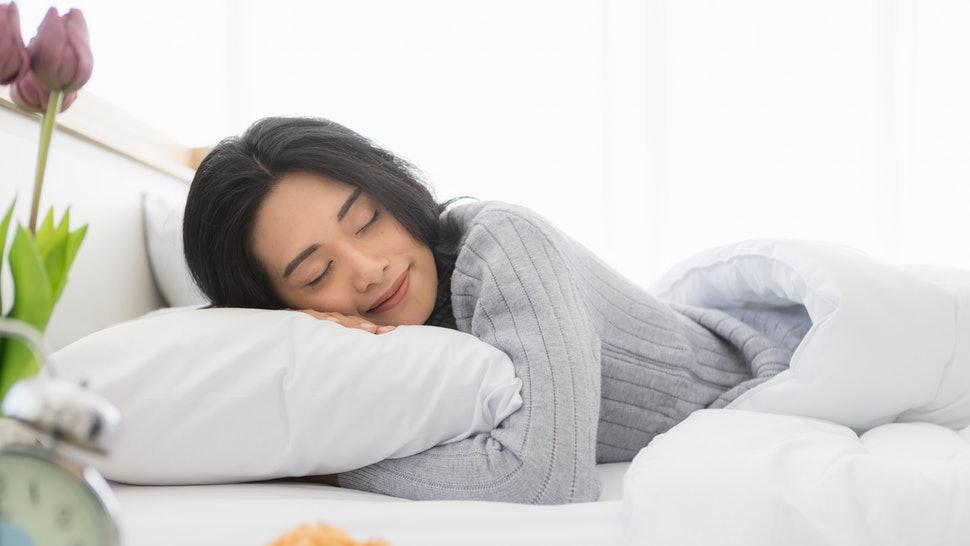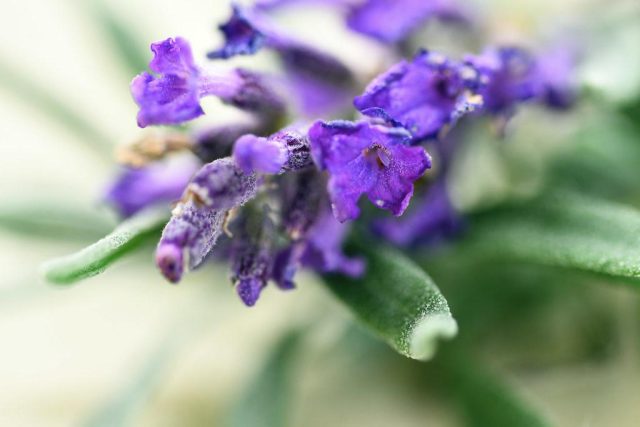In today’s fast-paced world, a restful night’s sleep can often feel elusive, leaving many of us tossing and turning in the early hours. Insomnia, a common yet frustrating sleep disorder, affects millions of people worldwide, disrupting not only our nights but also our days. If you find yourself struggling to fall asleep or stay asleep, you’re not alone, and the good news is that there are natural remedies that can help. This article aims to guide you through a variety of holistic approaches designed to gently ease you into a more peaceful slumber. By exploring these natural solutions, you can begin to reclaim the restorative rest your body and mind crave, all while fostering a healthier relationship with sleep. Let’s embark on this journey together, towards nights filled with tranquility and mornings greeted with renewed energy.
Understanding the Causes of Insomnia and Its Impact on Your Life
Insomnia can stem from a variety of factors, each impacting your quality of life in unique ways. Stress and anxiety are common culprits, often leading to a vicious cycle of sleeplessness and increased worry. Lifestyle habits such as irregular sleep schedules, excessive caffeine consumption, and prolonged screen time before bed can also disrupt your natural sleep rhythms. Additionally, environmental factors like noise, light, or an uncomfortable mattress can play a significant role.
The repercussions of insomnia extend beyond just feeling tired. It can lead to difficulties with concentration, mood swings, and even a weakened immune system. Understanding these impacts is crucial in addressing the problem holistically. Here are some common causes and their potential effects:
| Cause | Impact |
|---|---|
| Stress and Anxiety | Increased tension, disrupted sleep patterns |
| Poor Sleep Environment | Difficulty falling or staying asleep |
| Irregular Sleep Schedule | Confused circadian rhythms |
To manage insomnia effectively, consider adopting natural remedies that address its root causes:
- Mindfulness Meditation: Helps reduce stress and promote relaxation.
- Herbal Teas: Chamomile or valerian root can be soothing and sleep-inducing.
- Regular Exercise: Enhances sleep quality by regulating sleep patterns.
- Sleep Hygiene Practices: Maintain a consistent bedtime routine and create a restful environment.

Creating a Sleep-Inducing Environment for Restful Nights
To foster a sleep-inducing environment, it’s essential to transform your bedroom into a sanctuary of tranquility. Start by minimizing light exposure. Blackout curtains can block intrusive streetlights, while a simple sleep mask can protect against unwanted brightness. Consider using soft, warm lighting in the evening to signal to your body that it’s time to wind down. Incorporating a white noise machine or a fan can drown out disruptive sounds, creating a cocoon of peace that gently lulls you to sleep.
- Temperature Control: Keep your room cool, ideally between 60-67°F (15-19°C), which is the optimal range for sleep.
- Aromatherapy: Use essential oils like lavender or chamomile to soothe your senses.
- Declutter: A tidy space helps calm the mind, promoting relaxation.
| Element | Action |
|---|---|
| Bedding | Invest in comfortable, breathable sheets and pillows. |
| Technology | Limit screen time an hour before bed to reduce blue light exposure. |
| Plants | Add greenery like a peace lily to purify air and enhance calmness. |
By consciously crafting a space dedicated to rest, you not only enhance your physical comfort but also signal to your brain that it’s time to power down. This approach can naturally ease you into a restful state, making it easier to fall asleep and stay asleep through the night.

Exploring Herbal Remedies and Supplements for Better Sleep
For those who struggle with insomnia, herbal remedies and supplements offer a gentle, natural approach to improving sleep quality. Many people find relief by incorporating specific herbs and natural supplements into their bedtime routine. Here are some popular options that might help you drift into a peaceful slumber:
- Valerian Root: Known for its sedative properties, valerian root is a popular choice for reducing sleep latency and improving sleep quality.
- Chamomile: This soothing herb is often consumed as a tea before bedtime. Its calming effects can help relax the mind and body, making it easier to fall asleep.
- Lavender: Available in various forms such as oils, teas, or pillow sprays, lavender is renowned for its ability to promote relaxation and ease anxiety.
- Magnesium: This mineral plays a crucial role in the body’s stress response and can help relax muscles and induce sleep.
To better understand which remedy might suit you, consider the following table showcasing their primary benefits and forms:
| Herbal Remedy | Primary Benefit | Common Forms |
|---|---|---|
| Valerian Root | Improves sleep quality | Capsules, Tea |
| Chamomile | Reduces anxiety | Tea, Extract |
| Lavender | Promotes relaxation | Oil, Tea, Spray |
| Magnesium | Relaxes muscles | Supplements, Powder |
It’s important to remember that while these remedies are generally safe, they may interact with medications or conditions you may have. Always consult with a healthcare provider before introducing new supplements into your routine.

Incorporating Relaxation Techniques into Your Nightly Routine
- Mindful Breathing: Begin by setting aside 5-10 minutes before bed to focus on your breath. Sit comfortably, close your eyes, and take deep, slow breaths. Inhale through your nose, hold for a moment, and exhale through your mouth. This practice not only calms your nervous system but also signals to your body that it’s time to wind down.
- Progressive Muscle Relaxation: While lying in bed, start by tensing and then relaxing each muscle group, beginning with your toes and working your way up to your head. This technique helps release physical tension and can lead to a more restful state.
- Guided Imagery: Visualize a peaceful scene, such as a serene beach or a tranquil forest. Use all your senses to immerse yourself in this mental escape. Imagine the sound of waves, the scent of pine, or the warmth of the sun on your skin. This mental imagery can help distract from worries and promote relaxation.
| Technique | Time Needed | Benefits |
|---|---|---|
| Mindful Breathing | 5-10 mins | Calms nervous system |
| Progressive Muscle Relaxation | 10-15 mins | Releases tension |
| Guided Imagery | 5-10 mins | Distracts from worries |
Incorporating these relaxation techniques into your nightly routine can create a soothing pre-sleep ritual. This not only helps to ease the transition into sleep but also addresses the root causes of insomnia by reducing stress and anxiety. By nurturing a peaceful mind and body, you pave the way for a restful and rejuvenating night’s sleep.








































